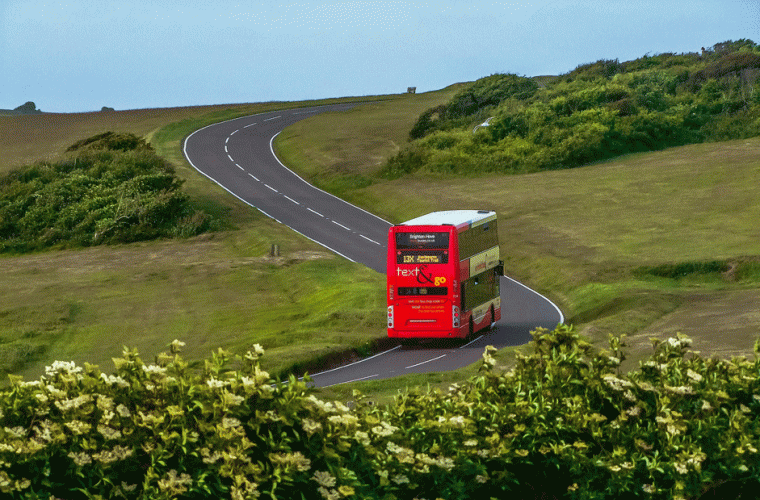“Buses provide a vital service for our communities and a lifeline for our most vulnerable residents to go shopping, pick up medication, attend doctor appointments or socialise with friends. Councils know how important buses are for their residents and local economies and are desperate to protect them."

The amount of people using buses in England each year has fallen to its lowest level in a decade – down to 4.44 billion passenger journeys across the country in 2016/17 – new figures reveal today.
The Local Government Association, which represents more than 370 councils across England and Wales, is concerned that latest government figures published today show that:
- Overall there were more than 70 million fewer journeys across the country in the year to end to March 2017 in comparison to the previous year - a decrease of 1.5 per cent.
- Buses in England travelled 1.1 per cent fewer miles in the same period, a decline largely driven by local authorities being forced to reduce funding for supported services, mileage of which declined by 13.8 per cent.
- Both metropolitan and non-metropolitan areas saw a similar decrease in passenger journeys, with 0.9 per cent and 1.3 per cent fewer journeys respectively.
The LGA is warning that this continued decline in bus passenger journeys could have an impact on increased congestion and poorer air quality in local communities as well as leaving those who rely on the bus network unsupported.
Ahead of the Local Government Finance Settlement, council leaders are warning cherished bus services and routes will remain under threat unless councils are given the powers and funding to protect them.
The LGA is calling on government to reduce the pace of reductions of core grant funding to all councils over the next two years the upcoming Local Government Finance Settlement. This is the only way councils can protect the services communities rely on over the next few years.
It said the Government also needs to fully fund the concessionary fares scheme. The LGA said councils are spending at least £200 million a year to subsidise the scheme - which provides free, off-peak, travel for elderly and disabled residents. This comes at the cost of other discretionary subsidised bus services - such as free peak travel, community transport services and post 16 school transport – and other local services like collecting bins and filling potholes.
Giving councils control over the Bus Service Operators’ Grant, a fuel duty rebate currently paid directly to bus operators, would also enable councils to protect vital bus routes, and give them the funding they need to provide an effective and efficient bus service.
Cllr Martin Tett, the LGA’s Transport spokesman, said:
“It is hugely concerning to see such a steady decrease in bus journeys.
“Buses provide a vital service for our communities and a lifeline for our most vulnerable residents to go shopping, pick up medication, attend doctor appointments or socialise with friends. Councils know how important buses are for their residents and local economies and are desperate to protect them.
“It’s nearly impossible for councils to keep subsidising free travel while having to find billions of pounds worth of savings and protect other vital services like caring for the elderly, filling potholes and collecting bins. Faced with significant funding pressures, many across the country are being forced into taking difficult decisions to scale back services and review subsidised routes.
“The way the concessionary travel scheme is funded by Whitehall has not kept up with growing demand and cost. By giving councils control over the Bus Service Operators’ Grant, and properly funding the free bus pass schemes the Government could help us support and maintain our essential bus services, reduce congestion and protect vital routes.”
Notes to editors
- Figures on bus passenger journeys are sourced from the DfT Annual Bus Statistics, which show 4.44 billion bus passenger journeys in the last year.
- Forecasts on congestion and traffic rises are sourced from the Government’s latest projections. These indicate that by 2040, there will be a 55 per cent rise in traffic and 86 per cent rise in congestion.
